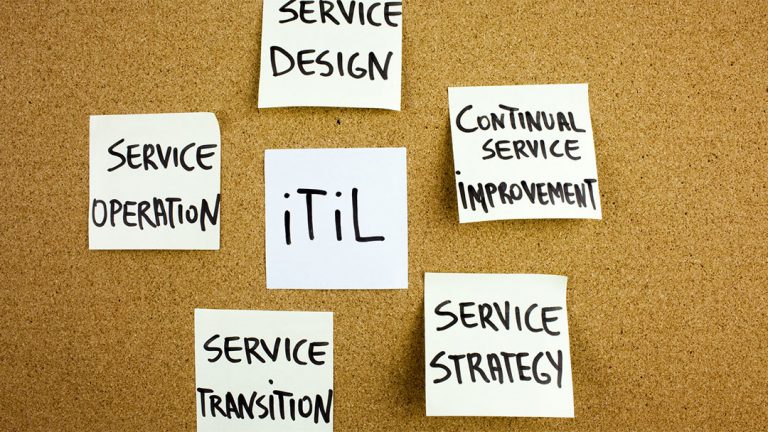Enterprise Service and Change Management
Enterprise Service Management, often referred as ESM is the practice of implementing IT Service Management or ITSM across an enterprise for achieving improved efficiency, performance, and deliverables in all the departments, such as HR, Facility Management, Legal, Finance, Marketing, and so on.
In other words, ESM is built on the principles of automated IT workflows, that reduce workload, manages service requests more efficiently, and delivers outcomes more quickly.
ESM includes the following technologies of ITSM
- Service Desks
- Automation
- Change Management
- Self-Service
As organizations automate service requests and other processes, it not only gets their service delivery streamlined, but it also directly benefits their customers who get prompt assistance, and their internal workforce, who gets their workload reduced. The key factors, therefore are problem management, automated ticketing, quick access to knowledge, and Self-Service Portals.
Why do you need Our Enterprise Service Management?
- Standardization: We enable organizations to run a common service management tool, such as Service Desks, for both IT and non-IT departments. As a result, enterprises can focus on their core business instead of manually managing various differing requests.
- Enhanced Service Delivery: With automated service management, workforces can avoid manual errors, deliver quality services, in a much shorter timeline.
- Improved User Experience: We can provide a unified portal of single-channel self-service, prompt access to information, social media collaboration, and virtual support agent.
- Analytical Reporting: Data derived from our analytical reports can help organizations improve their service quality, which in turn boosts their user experience as well as their revenues.
How can we assist?
Where does Change Management come in picture?
Change Management can be defined as the measures taken by an organization to successfully implement changes in their internal and external systems. This includes training and supporting their workforce, laying out guidelines for the changes, and monitoring pre- and post- change operations to seamlessly transform into the new processes.
A significant organizational change can be challenging, including the change to implement ESM across departments. Most of the times, change can seem to be disruptive to one’s routine and this is why changes in corporate policies fail due to human reasons. This is why adopting a structured approach is essential to ensure a smooth and beneficial transition.
Steps We Take to Implement Change Management
- Describe the change in an unambiguous manner.
- Designate a Change Management Team
- Define a clear plan with relevant metrics
- Implement the change, and if possible, gradually
- Monitor and analyse data
- Identify gaps and resistance
- Modify our plan, if needed, and go back to implementation stage.
Resistance to change can be any obstacle that prevents the change to be implemented. Though generally, often human, source of resistance can also be outdated systems or infrastructure that fail to support the new business requirements.
If organizations can successfully implement Enterprise Service Management across its various business units, they can surely amplify their ROI and decrease operational expenses. With Covid19 making employee experience even more relevant, enterprises can leverage our expertise to meet the increasing demand for service management.


